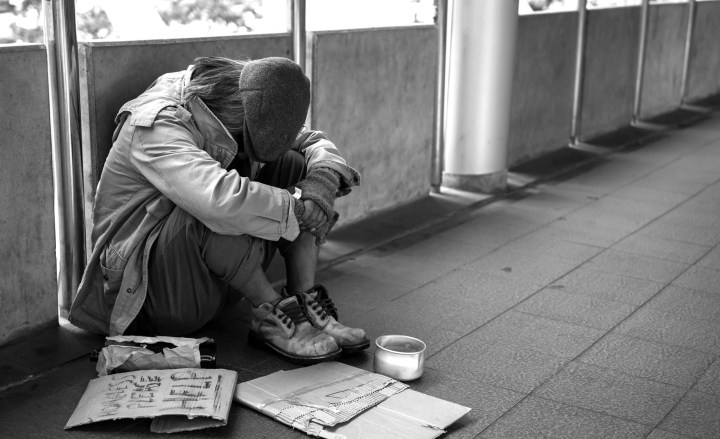STIGMATISING THE POOR OP-ED
Povertyism is discrimination, pure and simple, and must be banned

Povertyism is so entrenched in minds and institutions that — like other forms of discrimination such as racism or sexism — the only way forward is for it to be made illegal.
As the UN’s poverty expert, I have spoken to thousands of people experiencing poverty, from the valleys of Kyrgyzstan and the peaks of Nepal to the inner-city neighbourhoods of Belgium and France. Though their experiences are widely different, they have one striking fact in common: when I ask them to describe their day-to-day lives, it is not stories of destitution they share first, but of the humiliation and prejudice they endure.
In Belgium, I’m told of a child who was banned from the annual class photo because their parents had not been able to keep up with school meal payments. In Bolivia, a woman with all the right skills was turned down for jobs because the address on her CV showed she lived in a “bad” neighbourhood. In a vast informal settlement just outside of Madrid, low-income residents face such extreme levels of discrimination that an electricity company cut off their supply, citing “concerns” that residents might try to steal electricity off the grid.
The uncomfortable truth, backed by studies and polls, is that negative stereotypes about people in poverty are rife — among the general population, and within the very institutions meant to support them: schools, social services, healthcare and housing. Even judges have been found to hand down harsher sentences based on anti-poor stereotypes; which partly explains why people in poverty are disproportionately represented in the criminal justice system.
As soaring energy and food bills begin to eat into pay packets, millions more face not just the brutality of poverty, but the entirely unwarranted and toxic stigma that accompanies it. And no matter what governments do to protect them, it will all be in vain if landlords refuse to rent to people receiving social benefits, or employers dismiss people from low-income backgrounds as not being the right cultural “fit”.
This is discrimination, pure and simple. And it is time to give it a name: povertyism.
Povertyism is primary school children from low-income families in the Netherlands being discouraged by their teachers from pursuing quality secondary education, despite test results showing they are more than capable. Povertyism is a family on a charity-led visit to a Paris museum being asked to leave because their “odour” might disturb other visitors. Povertyism is struggling to progress through British government ministries because you don’t have the “right accent”.
Visit Daily Maverick’s home page for more news, analysis and investigations
Povertyism is so entrenched in minds and institutions that — in the same way as other forms of discrimination such as racism or sexism — the only way forward is for it to be made illegal. This is exactly what I called on governments to do at the UN General Assembly, where I presented my report on banning discrimination on grounds of socioeconomic status.
There are hopeful signs.
In Canada, the Charter of Human Rights and Freedoms of Quebec includes “social condition” as one of the prohibited grounds of discrimination. In South Africa, the 1996 post-apartheid Constitution’s Bill of Rights lists “social origin” among the suspect grounds of differential treatment. A grassroots movement calling for socioeconomic status to be covered under Irish equality law is taking place in Ireland, while the UK government has repeatedly been urged to extend its Equality Act to include economic inequality.
The global cost-of-living crisis adds renewed urgency to these campaigns to ban povertyism. Spiralling food and energy prices are expected to push an additional 75 to 95 million people into extreme poverty in 2022. The daily discrimination these millions of people will inevitably face will restrict their access to education, healthcare and housing. It will discourage them from applying for a job. It will stop them from claiming benefits for fear of being humiliated by welfare officers.
Living in poverty — struggling through an exhausting and uphill battle to meet your basic needs — is painful enough. To be judged, shunned and belittled when you are at your most vulnerable is excruciatingly cruel. DM/MC
Olivier De Schutter is the United Nations Special Rapporteur on extreme poverty and human rights. He is a professor of law at UCLouvain (Belgium) and at SciencesPo (France) and was the Special Rapporteur on the right to food from 2008 to 2014, and a member of the Committee on Economic, Social and Cultural Rights between 2015 and 2020.




















 Become an Insider
Become an Insider
have you lost your mind?